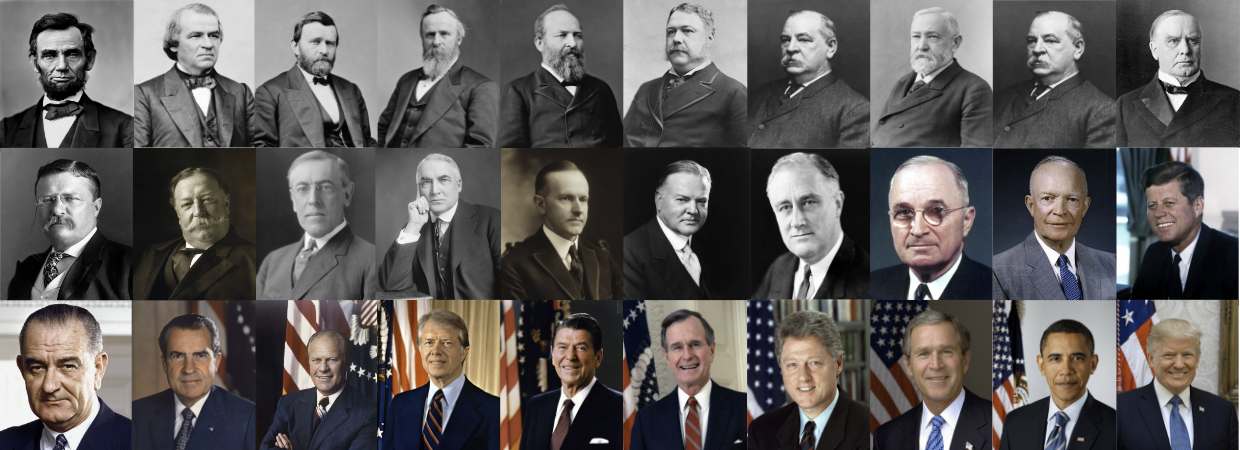
Season Three: The Bully Pulpit
Welcome to The Past, The Promise, The Presidency, Season Three: The Bully Pulpit. The president has a unique position in American society: a one-of-a-kind pulpit from which they speak. And presidents have consistently used their pulpit to address a wide range of issues - from foreign policy to healthcare.
Each episode of this season will address how different presidents have used their bully pulpit to influence American culture and policy, and how the congregation of Americans responded.

Episode 7: Native Sovereignty and Native Removal
In March of 2021, Deb Haaland, a member of New Mexico's Laguna Pueblo, became the first Native American Cabinet Secretary in US history. It was was a truly historic first, as Deb Haaland is part of a long history of Indigenous peoples that predates the United States as a nation. And today, we are going to explore the relationship between Indigenous peoples of America and the United States Government.
When the United States became an independent nation in 1776, a new era began, one of constant conflict. Native peoples claimed sovereignty over land and resources across the continent, while the US Government often called for the removal of Native peoples from those lands.
To help us understand this history, we turned to two expert guests. First, we spoke to Dr. Christina Snyder, a professor of history at Penn State University. Dr. Snyder sets the scenes for us by exploring Native sovereignty in the earliest years of the United States. Dr. Snyder also takes us through the most infamous period of Native removal in US History, the era of Andrew Jackson.
To understand how the relationship between Native peoples and the US Government changed in the 20th century, we turned to Dr. William Bauer. Dr. Bauer is a professor of history at the University of Nevada, Las Vegas and a citizen of the Round Valley Indian Tribes in Northern California.
Dr. Bauer explains the major changes that took place in US and Indigenous relations at the turn of the 20th Century, and he shares some remarkable stories and insight on struggles for Native sovereignty during the presidencies of Calvin Coolidge, Richard Nixon, and Barack Obama.

Episode 2: Healthcare
This week, we are exploring the history of healthcare policy. Many presidents have tried to pass healthcare reform in America, but time and time again healthcare has tested the limitations and the strengths of the bully pulpit.
In today’s episode, we explored the history of the federal government’s interest in healthcare from the New Deal to Obamacare. We consider, why has healthcare reform been so tricky to implement? What role does the president play in passing healthcare reform? And, how has the pandemic shaped our ideas about healthcare, public health, and the presidency?
We spoke with two special guests. Professor Merlin Chowkwanyun is an assistant professor at the Columbia University School of Public Health. His new book, All Health Politics is Local: Battles for Community Health in the Mid-Century United States is available for preorder from UNC Press. Dr. Guian McKee is an Associate Professor in Presidential Studies at the Miller Center, where he works on the Presidential Recordings Project. He is also currently working on a book project that examines the rise of the health care economy in American cities after World War II.
